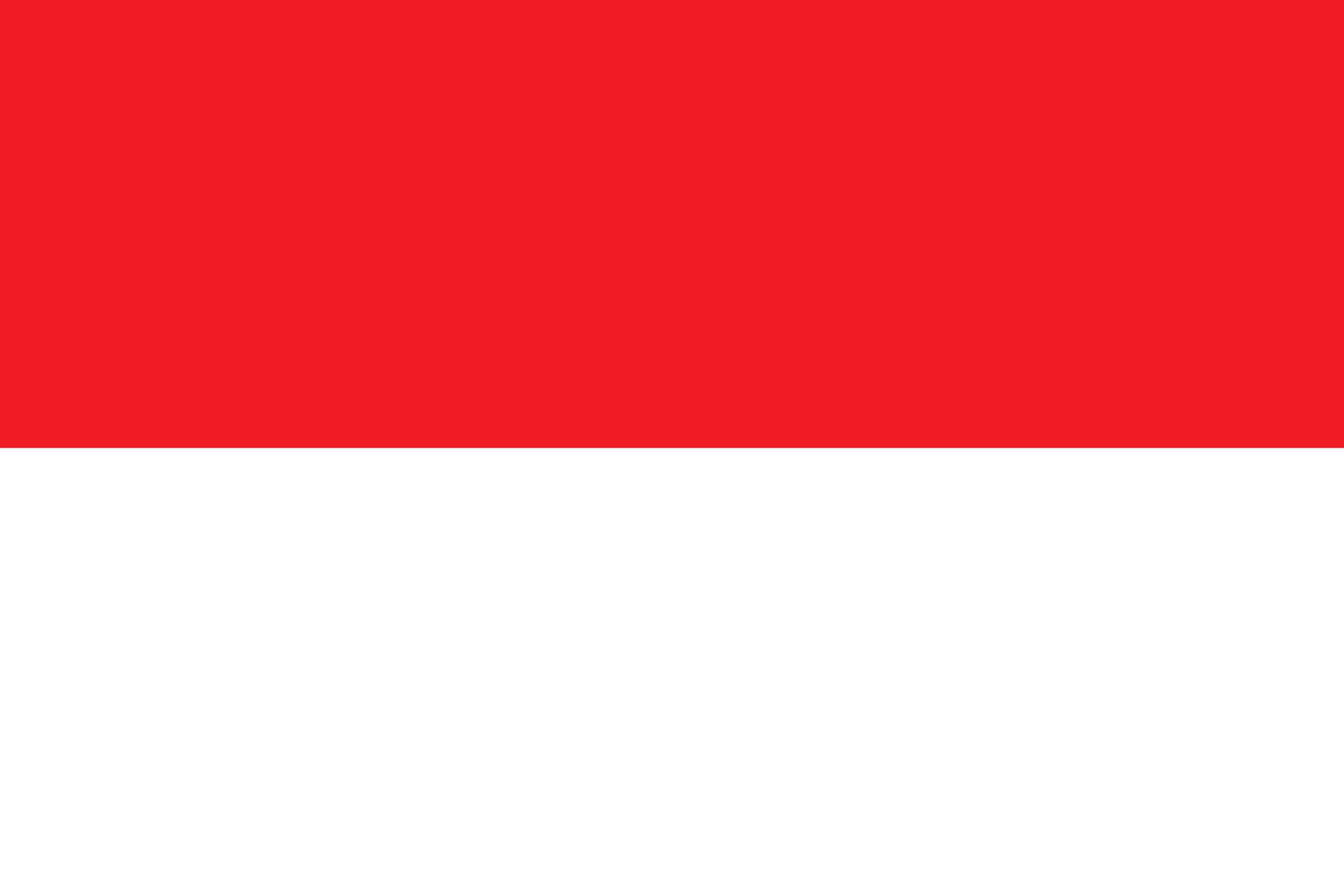The Influence of Learning Creativity, Learning Independence, and Emotional Intelligence on Learning Outcomes.
Keywords:
Learning Creativity, Learning Independence, Emotional Intelligence, Learning ResultsAbstract
This research aims to determine the influence of learning creativity, learning independence and emotional intelligence on learning outcomes in class With an affordable population of 127 students from SMK Negeri 13 Jakarta. The sample in this study consisted of 96 respondents using proportional random sampling techniques and the Isaac and Michael formula. The data collection method in this research uses quantitative methods with survey research using questionnaires. This research uses data analysis techniques, namely regression analysis, analysis requirements testing and hypothesis testing.
References
Akifah Noor, Ayu N. (2019). Pengembangan Kreativitas Belajar Remaja. Yogyakarta: Deepublish.
Fattah, N. (2011). Landasan Manajemen Pendidikan. Bandung: Remaja Rosdakarya.
Team, G. E. (2020). Global education monitoring report, 2020: Inclusion and education: all means all. Paris: UNESCO.
Wahab, R. (2015). Psikologi Belajar. Jakarta: Raja Grafindo.
Albert Kurniawan, S. E. (2009). Belajar mudah SPSS untuk pemula. Penerbit Mediakom. Retrieved from
https://books.google.co.id/books?id=jsNY6HzdWhsC
Ansori, M. (2020). Metode Penelitian Kuantitatif Edisi 2. Retrieved from https://books.google.co.id/books?id=rKbJDwAAQBAJ
Duli, N. (2019). Metodologi Penelitian Kuantitatif: Beberapa Konsep Dasar Untuk Penulisan Skripsi & Analisis Data Dengan SPSS. Retrieved from https://books.google.co.id/books?id=A6fRDwAAQBAJ
Slameto. (2010). Belajar dan Faktor-faktor yang Memengaruhinya. Jakarta: Rineka Cipta. Retrieved from
https://inlislite.uin-suska.ac.id/opac/detail-opac?id=20726
Sudjana, Nana. (2016). Penilaian Hasil Proses Belajar Mengajar. Bandung: Remaja Rosdakarya. Retrieved from
http://senayan.iain-palangkaraya.ac.id/index.php?p=show_detail&id=6027
Hadiwijaya, H. (2017). Effect of Emotional Intelligence on Student Learning Achievement. GUIDENA: Jurnal Ilmu Pendidikan, Psikologi, Bimbingan Dan Konseling, 7(1). https://doi.org/10.24127/gdn.v7i1.663
Hulu, F. (2020). Pengaruh Kreativitas Belajar Dan Soft Skill Mahasiswa Terhadap Kesiapan Kerja Mahasiswa Pendidikan Bisnis 2016. Niagawan, 9(3), 263 https://doi.org/10.24114/niaga.v9i3.20327
Kharismawan, Haryani, & Nuswowati. (2018). Application of a pbl-based modules to increase critical thinking skills and independence learning. Journal of Innovative Science Education, 7(1). https://doi.org/10.15294/JISE.V7I1.23220
Mahmudi, I., Athoillah, M. Z., Wicaksono, E. B., & Kusuma, A. R. (2022). Taksonomi Hasil Belajar Menurut Benyamin S. Bloom. Jurnal Multidisiplin Madani (MUDIMA), 2(09). https://doi.org/10.55927/mudima.v2i9.1132
Mukhlis, Japar, & Maksum. (2018). Improving discipline and learning independence of PKn through reinforcement. American Journal of Educational Research, 6(7). https://doi.org/10.12691/education-6-7-22
Naim, Z. A., & Djazari, M. (2019). Pengaruh Kreativitas Belajar, Persepsi Siswa Tentang Metode Mengajar Guru, Dan Lingkungan Teman Sebaya Terhadap Prestasi Belajar Akuntansi Dasar Siswa Kelas X Akuntansi Dan Keuangan Lembaga Smk Negeri 1 Pengasih Tahun Ajaran 2018/2019. Jurnal Pendidikan Akuntansi Indonesia, 17(1), 127–144. https://doi.org/10.21831/jpai.v17i1.26517
Setyawan, A. A., & Simbolon, D. (2018). Pengaruh Kecerdasan Emosional Terhadap Hasil Belajar Matematika Siswa SMK Kansai Pekanbaru. Jurnal Penelitian Dan Pembelajaran Matematika, 11(1), 11–18 https://doi.org/10.30870/jppm.v11i1.2980






